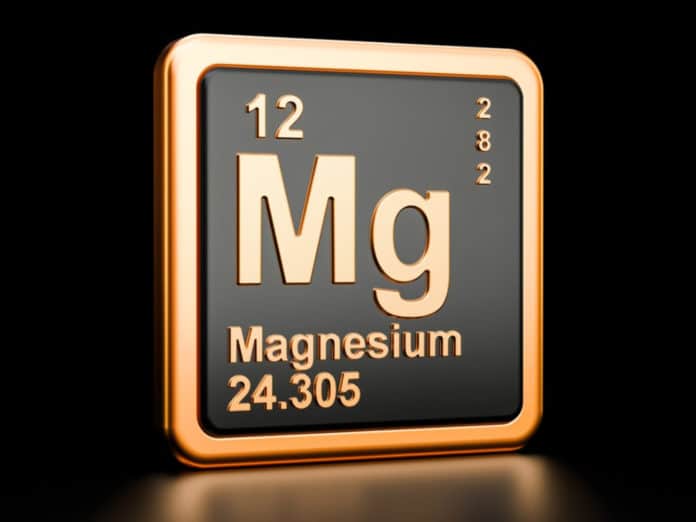The metal magnesium has low electronegativity. It means it does not easily attract electrons but quickly loses its valence electrons during chemical reactions. Hence, in nature, magnesium exists as a compound with other elements in the form of a positively charged Mg2+ cation.
Usually, magnesium has a double-positive charge in chemical compounds, but scientists at FAU have discovered it in a zero-oxidation state. They found the first complexes of magnesium in which the metal has a zero-oxidation state.
Scientists made this discovery accidentally. They had planned to split magnesium-magnesium bonds to produce magnesium radicals.
During this synthesis, scientists used metallic sodium. The predicted result of the experiment was that the sodium would transfer one electron to the magnesium.
Astonishingly, however, two sodium atoms transferred electrons to the magnesium, and an Mg(0) complex that has never previously been observed was formed. The Mg centers in these complexes formally even carry a negative charge due to a unique magnesium sodium bond and react entirely differently from conventional Mg2+ compounds. The electron-poor Mg2+ cations can accept electrons, the electron-rich Mg(0) reacts like a negatively charged anion by losing electrons.
This complex is soluble in organic solvents and is a powerful reducing agent. When scientists heated the complex slightly, the magnesium released some of its electrons to the positively charged sodium cation (Na+), which became elemental sodium metal Na(0). This is rare as sodium itself is a metal that has an even stronger tendency to lose electrons.
This reaction created a new complex: three atoms of magnesium strung together like beads on a necklace. This triple-core magnesium cluster reacts like atomic Mg(0) and can be considered the smallest form of magnesium metal, soluble in organic solvents. This new class of magnesium complexes represents a landmark in the chemistry of magnesium.
Journal Reference:
- Rösch, B., Gentner, T.X., Eyselein, J. et al. Strongly reducing magnesium(0) complexes. Nature 592, 717–721 (2021). DOI: 10.1038/s41586-021-03401-w
